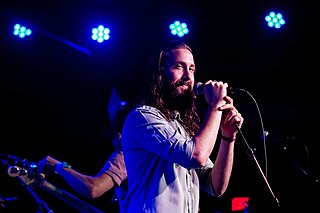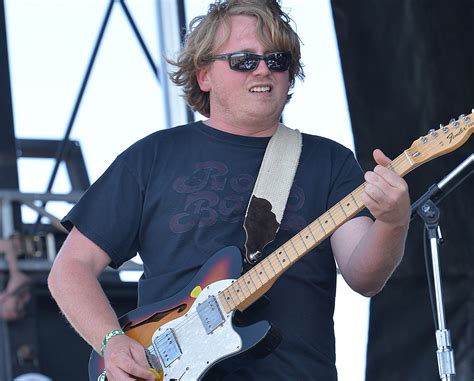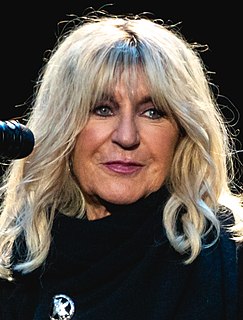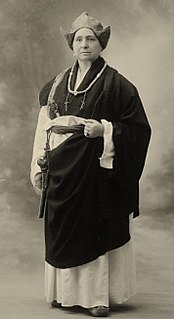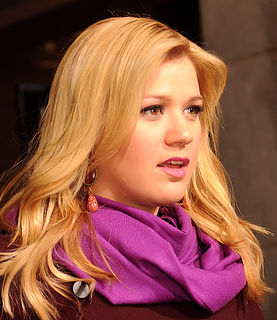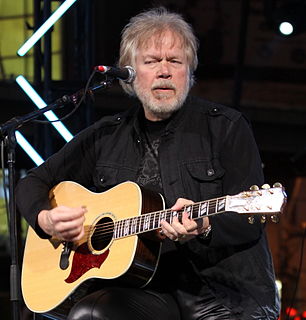A Quote by William Carlos Williams
A poem is this:/A nuance of sound/delicately operating/upon a cataract of sense/...the particulars/of a song waking/upon a bed of sound.
Related Quotes
The 'idea' for the poem, which may come as an image thrown against memory, as a sound of words that sets off a traveling of sound and meaning, as a curve of emotion (a form) plotted by certain crises of events or image or sound, or as a title which evokes a sense of inner relations; this is the first 'surfacing' of the poem. Then a period of stillness may follow.
When we sit in meditation and hear a sound, we think, 'Oh, that sound's bothering me.' If we see it like this, we suffer. But if we investigate a little deeper, we see that the sound is simply sound. If we understand like this, then there's nothing more to it. We leave it be. The sound is just sound, why should you go and grab it? You see that actually it was you who went out and disturbed the sound.
I am always interested in the ways of scoring the sound of the poem, especially a poem with long lines. Spaces within a line, double colons, slashes, are indications of pause, of breath, of urgency, they are not metrically exact as in a musical notation but they serve (I hope) to make the reader think about the sound of the poem - just as traffic symbols, when driving, make us almost unconsciously aware of a steep hill, an intersection, an icy bridge etc.
I'm very interested in vertical space.I want the players to listen to their sound in such a way that they hear the complete sound they make before they make another one. So that means that they hear the tail of the sound. Because of the reverberation, there's always more to the sound than just the sound.
Ayahuasca is driven by sound, by song, by whistling. And its ability to transform sound, including vocal sound, into the visual spectrum indicates that some kind of information processing membrane or boundary is being overcome by the pharmacology of this stuff. And things normally experienced as acoustically experienced becomes visibly beheld, and it's quite spectacular.
We never look deeply into the quality of a tree; we never really touch it, feel its solidity, its rough bark, and hear the sound that is part of the tree. Not the sound of wind through the leaves, not the breeze of a morning that flutters the leaves, but its own sound, the sound of the trunk and the silent sound of the roots.


